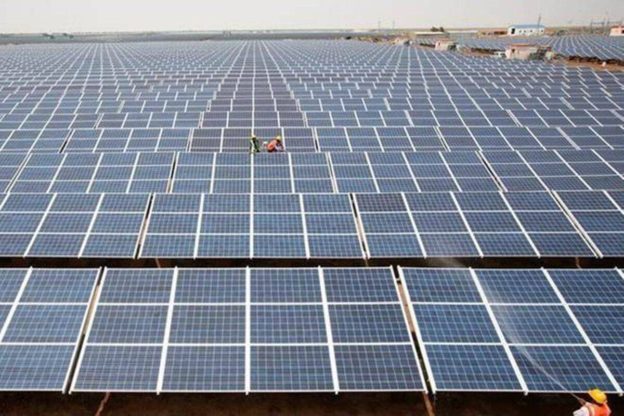From helping India hasten its transition to clean energy to fast-tracking the Aatmanirbhar Bharat and ‘Make in India’ goals, the positive impact of Reliance’s acquisition of the Norway-headquartered company is not restricted to one sector alone
On October 10, Reliance New Energy Solar Ltd (RNESL), a wholly-owned subsidiary of Reliance Industries Ltd (RIL), announced its acquisition of Norway-headquartered REC Solar Holdings AS (REC Group). This is yet another step by RIL towards achieving the target it has set for itself of generating 100GW of renewable energy (or 22 percent of the national target) by 2030. Its impact goes way beyond the feel-good factor involved in an Indian company making a large global acquisition, and it will have a positive effect across sectors, across India, and will be a major catalyst in the production and consumption of renewable energy.
A fairer assessment mechanism of the significance of RIL bringing REC Solar Holdings within its fold would be to analyse whether the decision could substantially move the needle in terms of India’s transition to clean energy, and in providing a fillip to the Government of India’s Aatmanirbhar Bharat and Make in India goals. As also in creating more new and better-quality jobs in India’s clean energy domain in future, and in an overall improvement in the quality of life of Indian citizens.
Be it on clean energy which in turn reduces the carbon footprint in the sector, sustainability and aligning with the government’s goals, RIL’s move scores well on all these parameters.
Through this deal, RIL would emerge as a global powerhouse in the manufacture of solar photovoltaics (PV) and, also, gain access to the critical heterojunction technology. This would place the company on a strong wicket to achieve its own plans in the renewable energy (RE) arena. More importantly, RIL’s decision could, by extension, ensure that India can get closer to realising the national ambition of generating 450GW of renewable energy by 2030. From a business point of view, other large Indian corporate groups would likely want to take a leaf out of RIL’s book and, also, aggressively pursue M&As to fast-track plans in the RE segment.
The Aatmanirbhar Bharat and ‘Make in India’ movements would stand to gain from the RIL’s acquisition of REC Solar through the possible development of a robust solar equipment manufacturing ecosystem in the country.
The same day as the RIL-REC came, RIL also announced that RNESL would acquire 40 percent of Sterling and Wilson Solar Ltd, a leading solar engineering, procurement, and constructions solutions provider.





